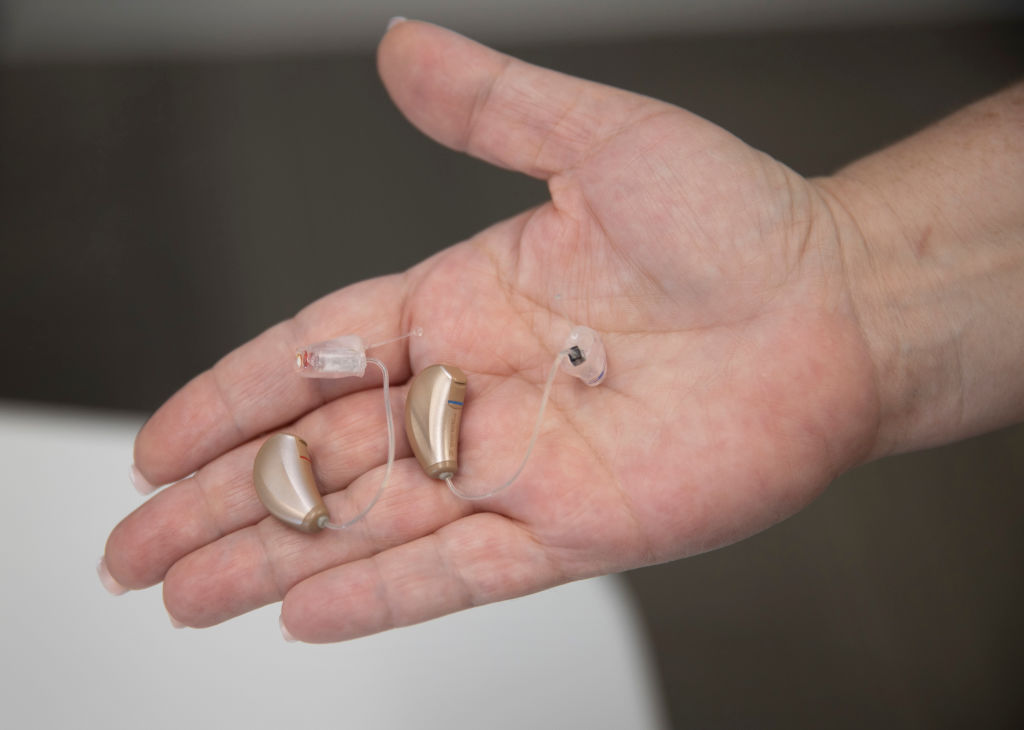FDA approves over-the-counter hearing aids in bid to lower costs, increase access


A free daily email with the biggest news stories of the day – and the best features from TheWeek.com
You are now subscribed
Your newsletter sign-up was successful
The Food and Drug Administration on Tuesday moved to allow the sale of hearing aids without a prescription or audiology exam, a decision designed to make hearing aids cheaper and easier to buy for an estimated 30 million U.S. adults with mild to moderate hearing loss. The over-the-counter hearing aid should be available to consumers as soon as October.
"This action makes good on my commitment to lower costs for American families, delivering nearly $3,000 in savings to American families for a pair of hearing aids and giving people more choices to improve their health and well-being," President Biden said in a statement. Basic Medicare does not cover hearing aids, nor do many private insurance plans. A pair of hearing aids currently costs anywhere from $1,400 to about $5,000.
The new FDA rule, in the works since 2016, was authorized by the Over-the-Counter Hearing Aid Act of 2017, introduced by Sen. Chuck Grassley (R-Iowa) and Sen. Elizabeth Warren (D-Mass.). Former President Donald Trump signed that law, and Biden revived the stalled effort with an executive order in July 2021. The FDA is creating a new category of hearing aids that override state regulations requiring prescriptions, medical exams, and fittings.
The Week
Escape your echo chamber. Get the facts behind the news, plus analysis from multiple perspectives.

Sign up for The Week's Free Newsletters
From our morning news briefing to a weekly Good News Newsletter, get the best of The Week delivered directly to your inbox.
From our morning news briefing to a weekly Good News Newsletter, get the best of The Week delivered directly to your inbox.
Proponents of the change say it should spark innovation in the consumer hearing aid market, currently dominated by a small number of manufacturers. It will "unleash the power of American industry," FDA Commissioner Dr. Robert Califf predicted. "Hearing loss has a profound impact on daily communication, social interaction, and the overall health and quality of life for millions of Americans," he said at a news briefing. "This is a tremendous worldwide problem where I think American ingenuity can make a huge difference."
A free daily email with the biggest news stories of the day – and the best features from TheWeek.com
Peter has worked as a news and culture writer and editor at The Week since the site's launch in 2008. He covers politics, world affairs, religion and cultural currents. His journalism career began as a copy editor at a financial newswire and has included editorial positions at The New York Times Magazine, Facts on File, and Oregon State University.
